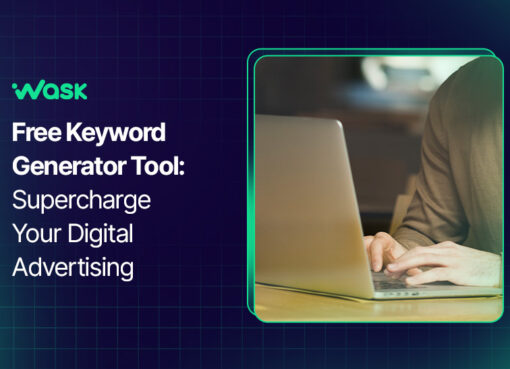How Technology Helps in Event Planning

Event planning can be a complex and time-consuming task, but the advent of technology has significantly transformed the industry. From streamlining logistics with AV renting as well as other equipment to enhancing attendee experiences, technology plays a crucial role in making event planning more efficient, organized, and cost-effective. Whether you’re organizing a small meeting or a large conference, here’s how technology is shaping modern event planning.
Streamlining Communication and Collaboration
One of the key challenges in event planning is ensuring smooth communication among all parties involved—organizers, vendors, clients, and attendees. Technology addresses this challenge by offering a range of tools that enhance collaboration. Project management software such as Asana, Trello, or Monday.com helps event planners track tasks, assign responsibilities, and set deadlines, ensuring nothing is overlooked. These platforms allow for real-time updates, keeping everyone on the same page throughout the planning process. Additionally, a Party planning app can centralize all the event details, allowing organizers to manage everything from guest lists to vendor coordination in one place, making the entire process more streamlined and efficient.

In addition, messaging apps like Slack and WhatsApp enable quick communication, eliminating the need for back-and-forth emails. With dedicated channels or groups, teams can easily share documents, updates, and reminders, making coordination much simpler.
Managing Registrations and Ticketing
Gone are the days of manual registration forms and paper tickets. Online registration platforms like Eventbrite, Cvent, and Brown Paper Tickets make the process of signing up for events seamless for both organizers and attendees. These platforms offer customizable registration forms, secure payment processing, and instant ticketing options.
Event planners can also track attendance in real-time, send automated reminders, and gather insights into attendee preferences and behavior, making it easier to plan for future events. Moreover, ticketing apps often feature features like QR codes or mobile tickets, simplifying check-in and reducing wait times at the event.
Enhancing the Attendee Experience
Technology also plays a significant role in enhancing the overall attendee experience, a critical aspect of successful event planning. Mobile event apps provide guests with event schedules, speaker bios, venue maps, and more, all in the palm of their hands. These apps allow attendees to personalize their schedules, network with others, and access important event details on the go.

For larger events like conferences or trade shows, technology also helps attendees navigate complex venues. Interactive kiosks and digital signage can be placed throughout the event to guide attendees and provide real-time updates on schedules and sessions.
Additionally, event planners can leverage virtual event platforms like Zoom, Hopin, or Whova to host hybrid or fully virtual events. These platforms offer features like live streaming, networking lounges, and interactive Q&A sessions, enabling planners to reach a global audience and provide an immersive experience even for those who cannot attend in person.
Data Analytics and Reporting
After the event, technology offers valuable tools for measuring success and gathering feedback. Platforms like SurveyMonkey or Google Forms allow organizers to collect attendee feedback, while social media monitoring tools track event hashtags and online mentions, offering insights into attendee engagement. Analytics tools integrated into event management software can provide detailed reports on ticket sales, attendee demographics, and session popularity, helping organizers evaluate the effectiveness of their event.
This data can be invaluable for improving future events, optimizing marketing strategies, and understanding audience preferences.
Conclusion
Technology has revolutionized event planning, transforming a traditionally manual and labor-intensive process into a streamlined, data-driven experience. From facilitating communication and managing registrations to enhancing the attendee experience and providing valuable post-event analytics, technology helps planners deliver successful events with ease. As technology continues to evolve, event planning will only become more efficient and impactful, ensuring that each event is a memorable and seamless experience for all involved.



